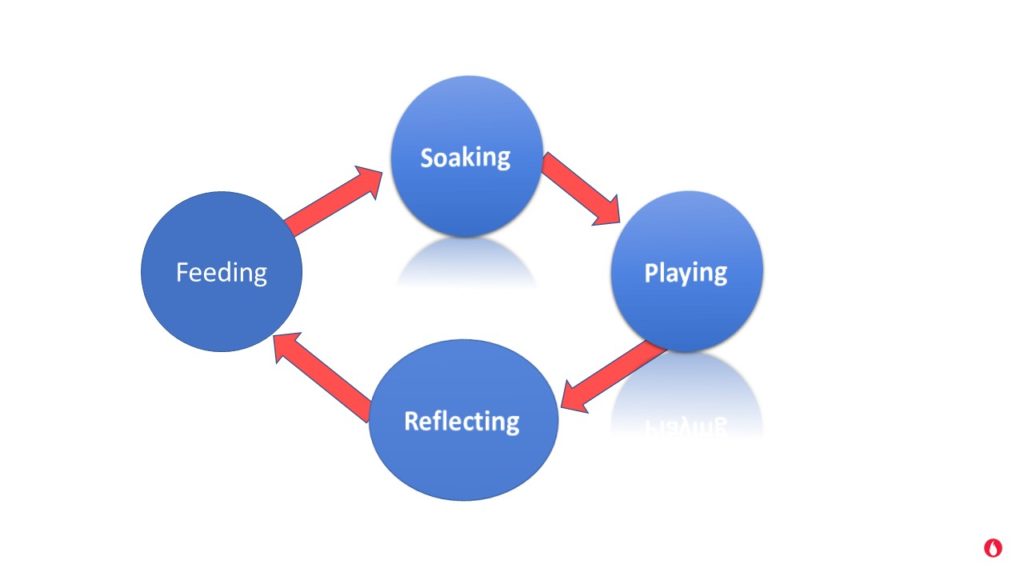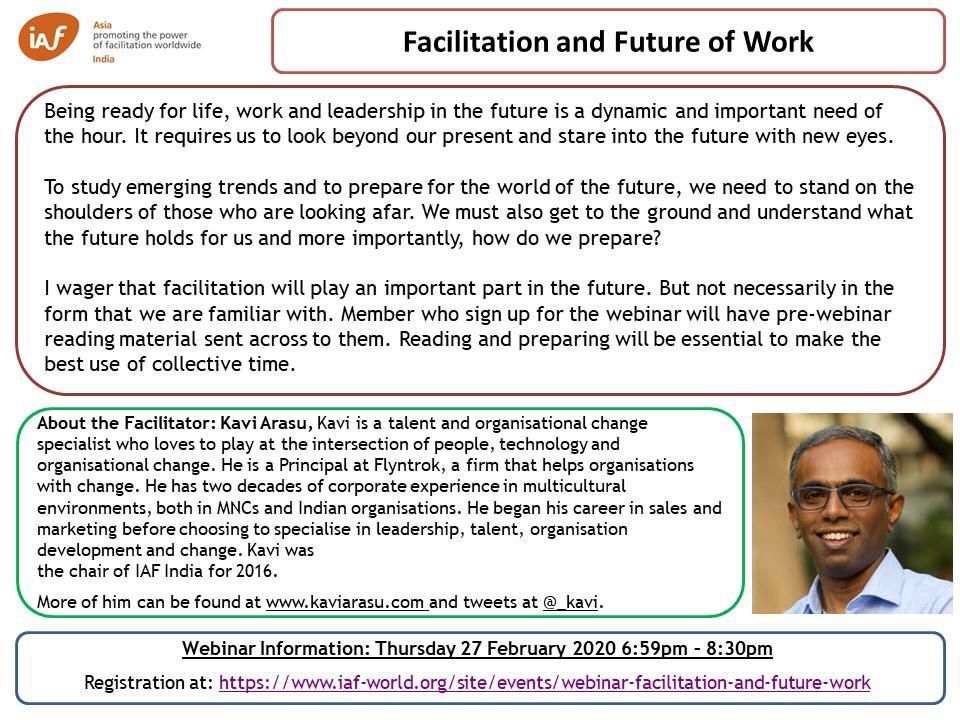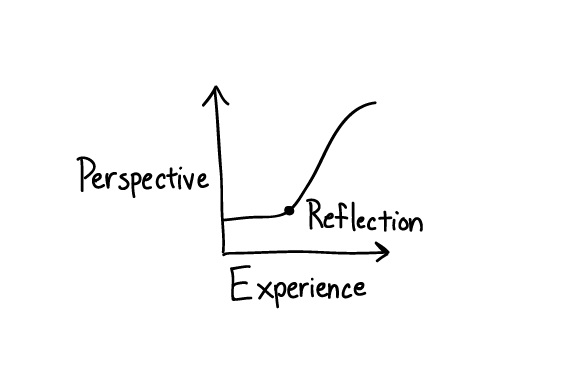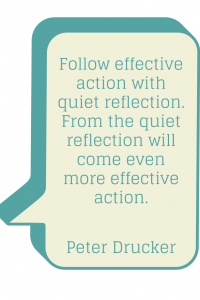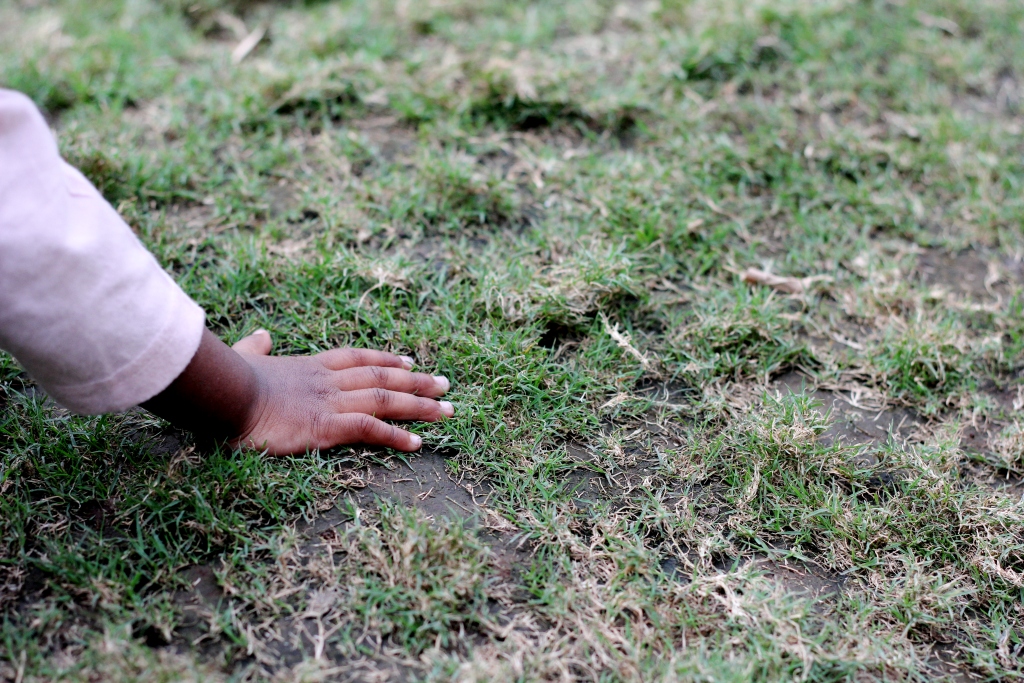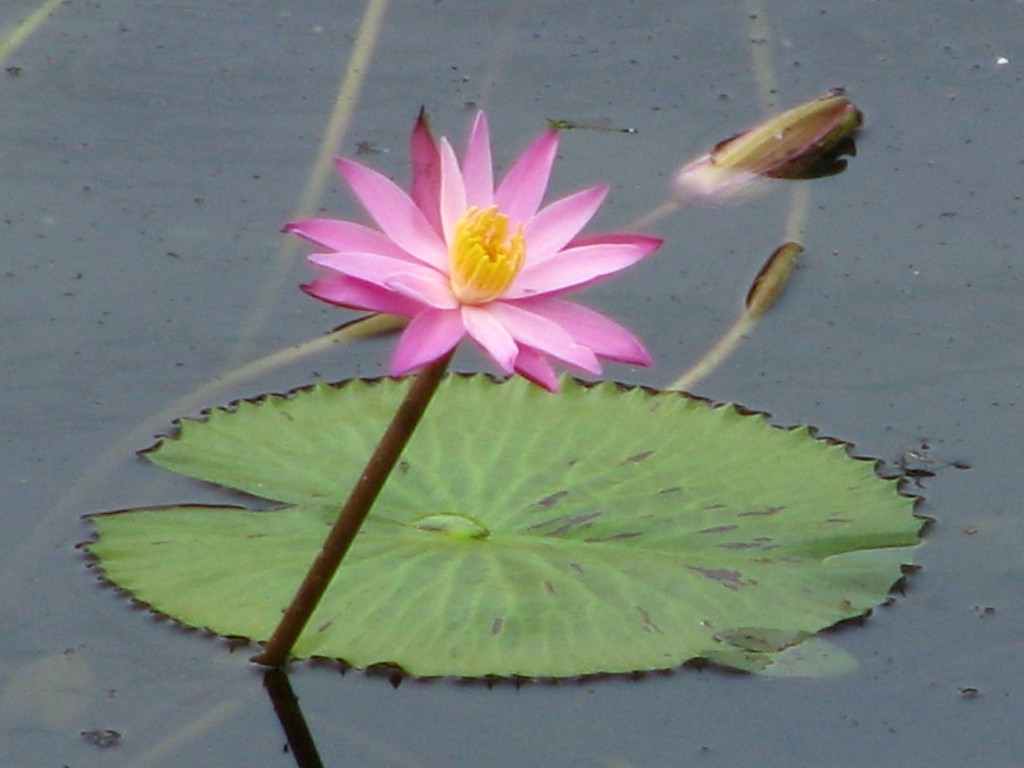Travel is a pathway for growth and development. That’s why I say travel to grow. After years of conscious travel, I can say with emphasis that I have packed and unpacked disproportionately large self-awareness, new learnings and beliefs than I have of bags and suitcases. If there is one more thing that I can add with equal if not more emphasis, then it is this: Travel is hugely under rated as a catalyst for development.
My love for travel got accentuated after reading Pico Iyer’s famous ‘Why We Travel’ piece from March, 2000. It was comforting to realise that there was nothing wrong with me if I just didn’t want to go check places off a “must-see” list. For I was (and continue to be) slow in soaking up a place. In small conversations, observations and just hanging out!
There are four paragraphs from Pico Iyer’s post that have been my guideposts. They are here.
“We travel, initially, to lose ourselves; and we travel, next, to find ourselves. We travel to open our hearts and eyes and learn more about the world than our newspapers will accommodate. We travel to bring what little we can, in our ignorance and knowledge, to those parts of the globe whose riches are differently dispersed. And we travel, in essence, to become young fools again — to slow time down and get taken in, and fall in love once more.”
“Yet for me the first great joy of traveling is simply the luxury of leaving all my beliefs and certainties at home, and seeing everything I thought I knew in a different light, and from a crooked angle.”
“Thus travel spins us round in two ways at once: It shows us the sights and values and issues that we might ordinarily ignore; but it also, and more deeply, shows us all the parts of ourselves that might otherwise grow rusty. For in traveling to a truly foreign place, we inevitably travel to moods and states of mind and hidden inward passages that we’d otherwise seldom have cause to visit.”

“So travel, at heart, is just a quick way to keeping our minds mobile and awake. As Santayana, the heir to Emerson and Thoreau with whom I began, wrote, “There is wisdom in turning as often as possible from the familiar to the unfamiliar; it keeps the mind nimble; it kills prejudice, and it fosters humor.” Romantic poets inaugurated an era of travel because they were the great apostles of open eyes. Buddhist monks are often vagabonds, in part because they believe in wakefulness. And if travel is like love, it is, in the end, mostly because it’s a heightened state of awareness, in which we are mindful, receptive, undimmed by familiarity and ready to be transformed. That is why the best trips, like the best love affairs, never really end.“
Every time I have stood in the queue of a land where I clearly am ‘foreign’ irrespective of the passport I hold, I learn something new. Especially so, when am not peering into my phone or consumed by the desire to see more. Just being present to all thats happening around me and reflecting on the experiences and thoughts those experiences brought alive for me have been life-altering in many ways. Because, even if I dont immediately change or do something different, I am very present to the fact there is a different way.
When I get back to where I start from, I rarely find that some pronounced changes have taken place since the time I set out. But to my eyes that sprout new lenses because they have absorbed different places, everything seems different. My mind colours old realities with new beliefs, ideas and hopes. Giving new energy for action and reflection.
If that is not a pathway to development and change, I don’t know what is.
Pico Iyer’s essay is here. Go read.





